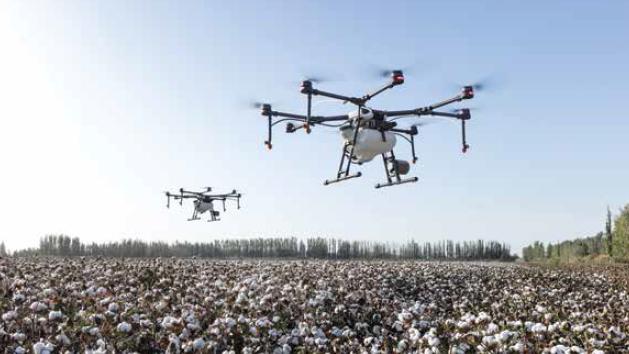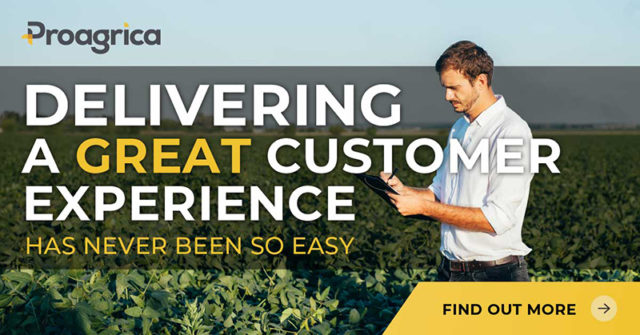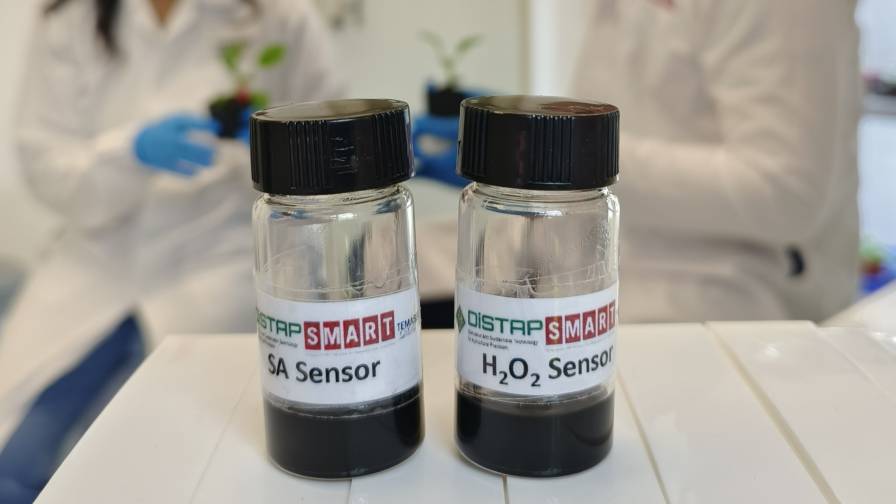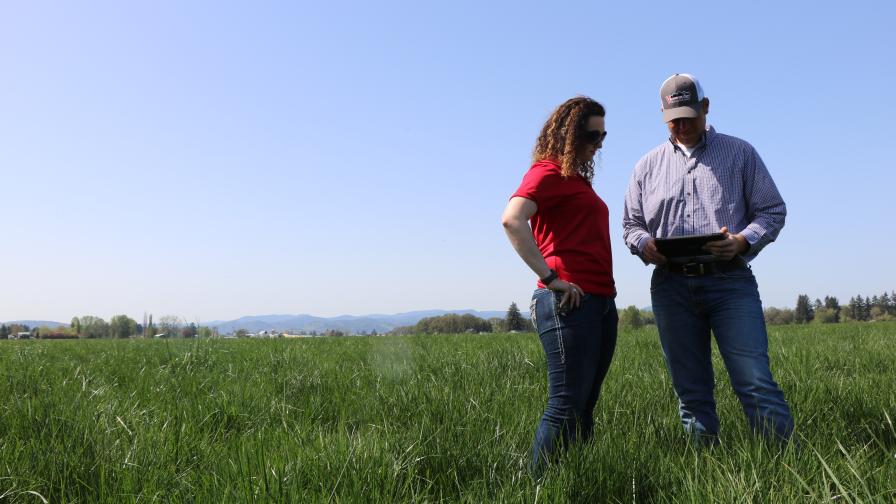Platform Ecosystems: Enabling Agriculture to Invert the Firm
Inverting the firm, or shifting production from inside the company to ecosystem partners, is a common strategy in many industries where companies are looking to grow rapidly through the network effects of a platform model. Agriculture’s level of digitization is rapidly increasing, with 93% of U.S. farmers collecting at least some form of digital data, and catching up to that of other industries such as banking, retail, and telecommunications. This is motivating agricultural organizations to explore how they can become an inverted firm and scale more rapidly, but the lack of data standardization and the desire by some players to develop all capabilities internally is still a challenge.
It’s no secret that APIs form an essential part of an organization’s digital transformation, with a large majority of enterprise leaders confirming this to be essential to secure organizations’ future revenue and growth. Organizations that use external APIs are also proven to be growing their market cap much quicker than organizations that don’t, making the case for an inverted firm strategy even more compelling.
API adoption strategies can take many different forms. But if we look at industries with more API adoption maturity compared to agriculture, such as banking, we can clearly see that over the past few years the objective of companies’ API efforts has shifted from reducing IT complexity to driving innovation. This fits in the larger trend of using APIs to create a platform model that helps companies invert their firm.
How does this translate to agriculture?
The need for all agricultural industry players to embrace collaboration is widely known, but some of the biggest challenges might just be the lack of data standardization and the desire by some players to develop all capabilities internally in order to create or keep a perceived competitive advantage. Similar challenges used to be common in other industries such as banking, retail, and telecommunications, but are getting resolved as the benefits of collaborating through data have become too valuable to ignore.
MORE BY REINDER PRINS
EvokeAg 2023: Key Takeaways From Asia Pacific’s Premier Agrifood Tech Event
Key Takeaways from the VISION Conference: Is ‘Agriculture 3.5’ a More Achievable Short-Term Goal?
I can clearly see the agricultural industry moving in the direction of collaboration instead of isolation, something that the agricultural industry as a whole has long been famous for: farmers love helping their neighbors and local communities, and have long realized that working together is key to surviving and achieving success. In my opinion this mentality is one of the best parts about working in agriculture, and I’m confident that similar levels of collaboration through data will see us all achieve long-term success in agtech as well.
How do we overcome the challenges?
To expect every industry player to start using the same file types and data structures is not realistic, as this would require a huge amount of changes to most hardware and software currently in use with farmers and everyone else in the industry. The benefits of inverting the firm are obvious to everyone however, and the shift in mentality from developing capabilities internally to using a network is already happening. I have recently seen solid proof of both points when Leaf Connect was launched. The huge amount of interest in, and rapid uptake of, Leaf Connect shows that there is a strong need for an industry-wide connector that helps companies mitigate the challenges and reap the benefits.
Leaf Connect allows companies to share (grower permissioned) data with each other via Leaf’s API in a consistent format, making multiple log-ins, downloads, transfers, re-uploads, and translation of data a thing of the past. Creating and maintaining an API infrastructure can be cost prohibitive, especially for the large group of small agtech companies, and so it makes sense to leverage existing infrastructure instead of wasting money on reinventing the wheel. We can all clearly see the benefits of the network effect in our industry but, while the challenges tend to receive the most attention, I’m proud to be part of a company that focuses on the solution instead.










